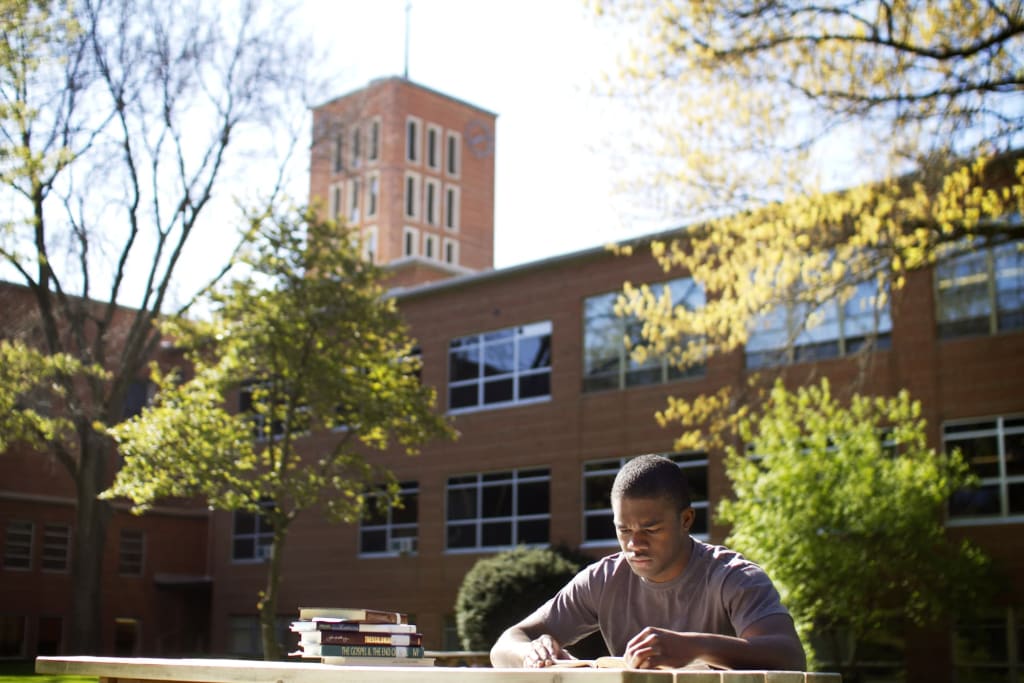Historically Black Colleges and Universities (HBCUs) have played a crucial role in American higher education for over a century. These institutions were founded with the mission of providing African American students with access to quality education, opportunities for intellectual and personal growth, and a supportive community. However, in recent years, HBCUs have faced significant financial challenges that threaten their long-term sustainability.
One of the major financial challenges facing HBCUs is declining enrollment. The number of students attending HBCUs has been decreasing in recent years, due in part to demographic shifts and increased competition from other institutions. This decline in enrollment has led to a decrease in tuition revenue, making it more challenging for HBCUs to maintain their academic programs and facilities.
Additionally, HBCUs often have limited endowments compared to other colleges and universities. Endowments are crucial sources of financial support for institutions, providing funding for scholarships, faculty positions, and campus improvements. HBCUs have historically struggled to build large endowments, in part due to their relatively small alumni bases and limited fundraising capacity. As a result, HBCUs have fewer resources to draw upon during periods of financial instability.
Despite these challenges, HBCUs have shown resilience and innovation in seeking out new sources of revenue. Some HBCUs have focused on expanding their online education offerings, attracting non-traditional students and adult learners who may not be able to attend a traditional campus-based program. Others have developed partnerships with corporations and government agencies to secure funding for research projects and other initiatives.
HBCUs have also worked to strengthen their relationships with alumni and foster a culture of giving back. Alumni donations play a crucial role in supporting HBCUs, and many institutions have launched campaigns to increase alumni engagement and philanthropy. These efforts have been successful in some cases, leading to increased funding for scholarships, academic programs, and campus improvements.
Looking ahead, the financial future of HBCUs will depend on their ability to adapt to changing market conditions and continue to innovate. Collaboration with other institutions, both within and outside the HBCU community, can provide opportunities for shared resources and cost savings. Investments in technology and infrastructure are also essential to ensure that HBCUs can compete in a rapidly changing higher education landscape.
Ultimately, the financial future of HBCUs will depend on the collective effort of students, faculty, staff, alumni, and supporters. By working together to address financial challenges, HBCUs can continue to fulfill their mission of providing high-quality education and empowering the next generation of African American leaders.
